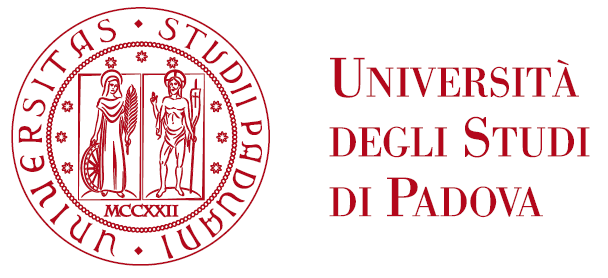


Le tecnologie digitali pongono l’informazione in un ruolo centrale nei nuovi processi di produzione e consumo e stanno trasformando i /milestone/che strutturano le nostre società occidentali. La digitalizzazione sta cambiando la natura dei beni materiali, portatori di diritti e privilegi codificati nell’istituto della proprietà privata (rivalità ed escludibilità tra beni). Nei prodotti digitalizzati il controllo della proprietà non ricade nella sfera di azione dell’acquirente e l’elemento di regolazione dei diritti e' il software. Questo significa che le tecnologie/embedded/ nei prodotti materiali vincoleranno sempre piu' in senso positivo o negativo il comportamento e le interazioni umane. Questa trasformazione si presta ad una riflessione ampia e profonda: Quale livello di opacità comporta la natura digitale dei beni? Che impatto avrà questo cambiamento sull’organizzazione economica e sociale? Quali saranno le attività che generano valore economico? Il modello economico che si sta delineando sulla frontiera tecnologica sarà inclusivo? Le istituzioni pubbliche devono/possono intervenire per garantire il rapporto tra sviluppo digitale e sviluppo economico? Con quali strumenti? Intervenendo su cosa? Quali progettualità tecnologiche possono adottare le istituzioni pubbliche per tutelare i cittadini digitali?
Stefano Quintarelli, born june 14th, 1965 in Italy.
Serial entrepreneur and former Professor of Information systems, Network services and security. Founder of the first ISP, listed on the stock market and sold to BT, he has played a pivotal role in the founding and development of the italian internet ecosystem.
He has been awarded the Computer Scientist of the year award in 2009 by the Italian Computer scientists association and has been recognized by Corriere della Sera as one the 30 most innovative italian entrepreneurs.
An active business angel, he works as advisor to international investment funds.
He was member of the Italian Parliament in the XVII legislature, member of the Commission of Internet rights of the Chamber of Deputies, leader of the Parliamentary intergroup for Technological Innovation.
He is a recurrent contributor to the Pontifical Academy of Sciences, Chairman of the steering board of the Italian Digital Agency, Expert of the High-Level Expert Group on Artificial Intelligence of the European Commission and a member of the Leadership council of the Sustainable Development Solutions Network for the UN.
Author of many articles and contributions and speaker at several conferences on digital technology, regulation and competition; his interest is the intersection between technology, regulation and markets.